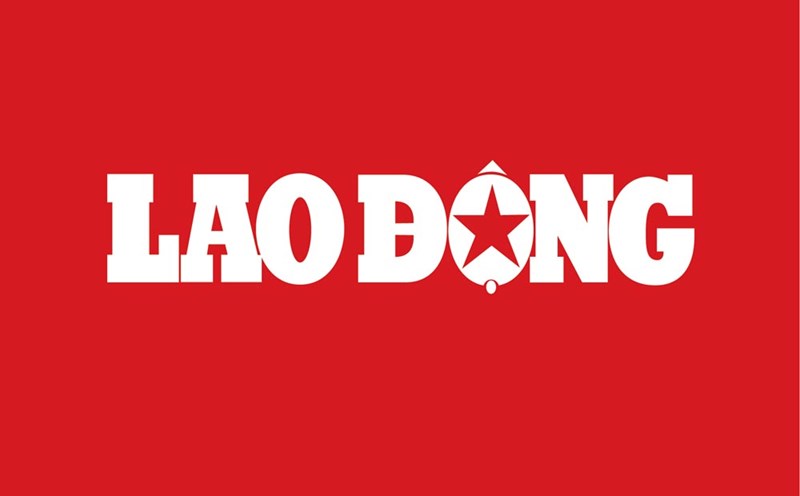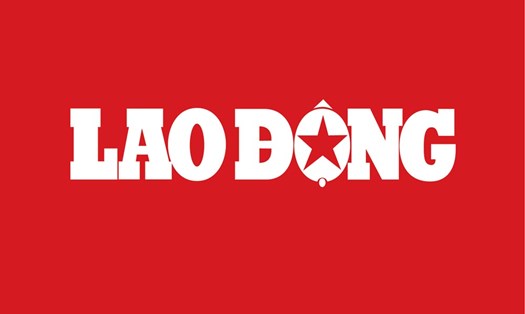Croatian President Andrej plenkovic wrote to the EU Commission on August 1 informing the country's oil pipeline connecting to Adriatic ports - where seaborne oil could be transported to the European network - is "using up to full capacity," the Financial Times reported.
Import infrastructure here exceeds Croatia's needs. " non-chingching countries in Central Europe have the opportunity to use this alternative supply route to reduce or even completely eliminate their dependence on Russian oil," the Croatian leader wrote.
He stressed that Croatian oil transport company JANAF is "re ready to negotiate a long-term contract with a larger volume to ensure energy security and reduce dependence".
JANAF's Adria pipeline has a capacity of 14.3 million tonnes of oil per year, from the company's port warehouse on the island of Krk. Currently, Croatia buys 2 million tons and Serbia buys 3.3 million tons from this source. President plenkovic said Hungary's MOL has a contract of 2.2 million tons per year until the end of 2024.
On August 2, EU trade union Commissioner Valdis Dombrovskis encouraged Budapest and Bratislava to use the Adria oil pipeline. He also requested evidence that Ukraine's Lukoil sanctions have reduced oil supplies to Hungary and Slovakia.
Oil supplies from Lukoil - Russia's largest private oil exporter - through Ukraine have been stopped since July after Ukraine banned Lukoil from using the Druzhba pipeline connecting Russia with Eastern Europe. Hungary and Slovakia have asked the European Commission to intervene.
Reuters reported that on August 2, Slovakia and Hungary rejected the European Commission's proposal to replace oil supplies via the Croatian pipeline, saying the route was too expensive.
Hungarian Foreign Minister Peter Szijjarto criticized the letter of the Croatian leader on social media, stating that the letter had been coordinated with the European Commission to put pressure on Hungary.
"Simply put, Croatia is not a reliable country for transit. Croatia's oil transit prices have increased fivefold since the conflict in Ukraine broke out," said Peter Szijjarto.
Croatian Foreign Minister Gordan Grlic Radman responded immediately, emphasizing: "This is an extremely insulting political statement that we did not expect from the representative of the country we have responded to with restraint and moderation in the face of intentional wrongdoings."
Slovakia - where Hungary's Slovnaft refinery received part of the oil via JANAF - informed on August 2 that it had received a letter from the Croatian government requesting to ensure supply.
"But at what price? What is the capacity? No one knew that today," Slovakian Foreign Minister Juraj Blanar asked. He said Slovakia wanted the European Commission to ask Ukraine to completely restore supplies from Russia. At the same time, Slovakia will also seek another solution in case the Commission does not act.
Reuters reported that on August 2, when Hungary said that Croatia did not invest in building oil transit capacity and had never proven the maximum transit capacity of the pipeline, JANAF denied the allegations.
The Croatian company emphasized that it has continuously invested in the transportation - storage system and, together with MOL, tested the transportation capacity on the pipeline to Hungary and proven that it can transport 1.2 million tons of crude oil per month.











